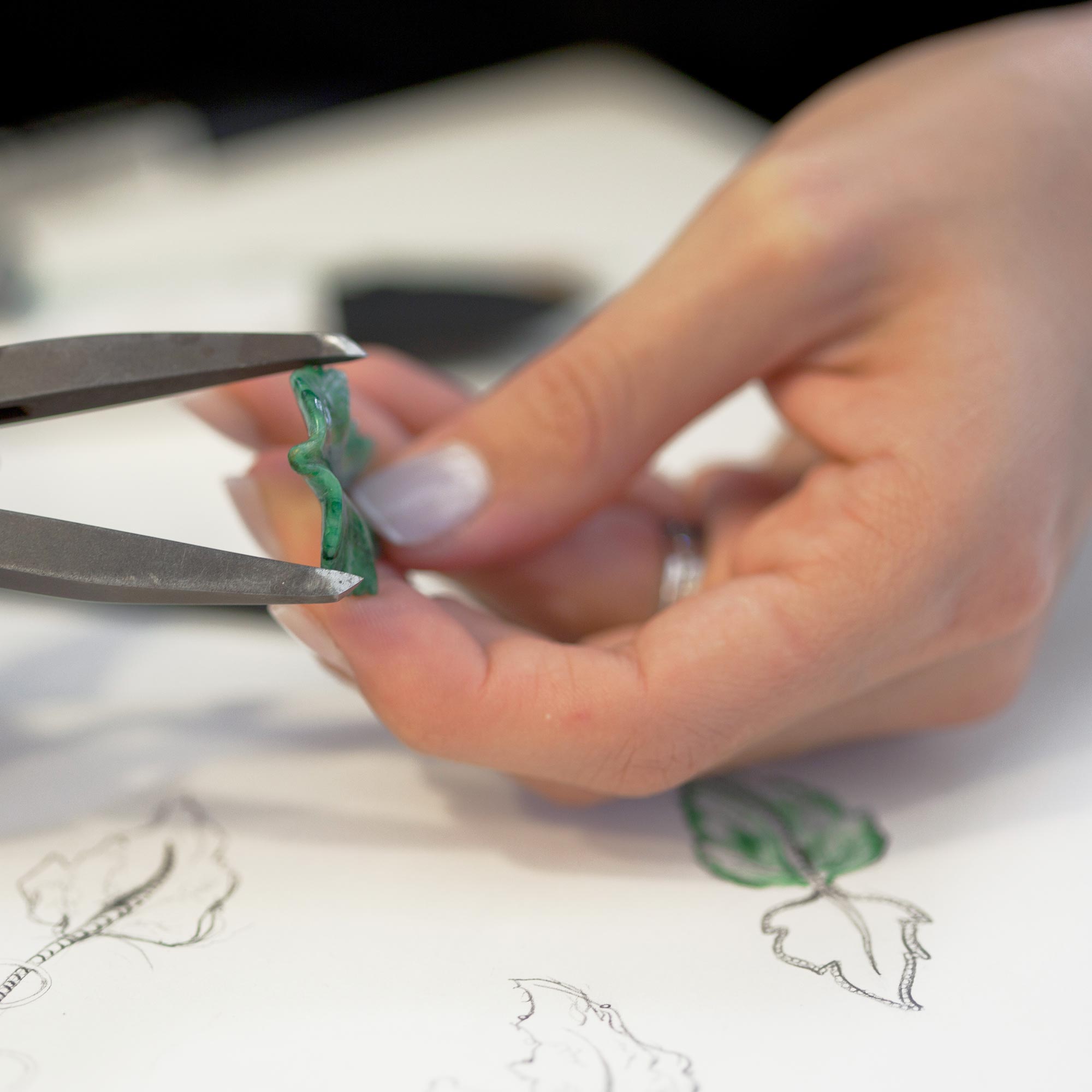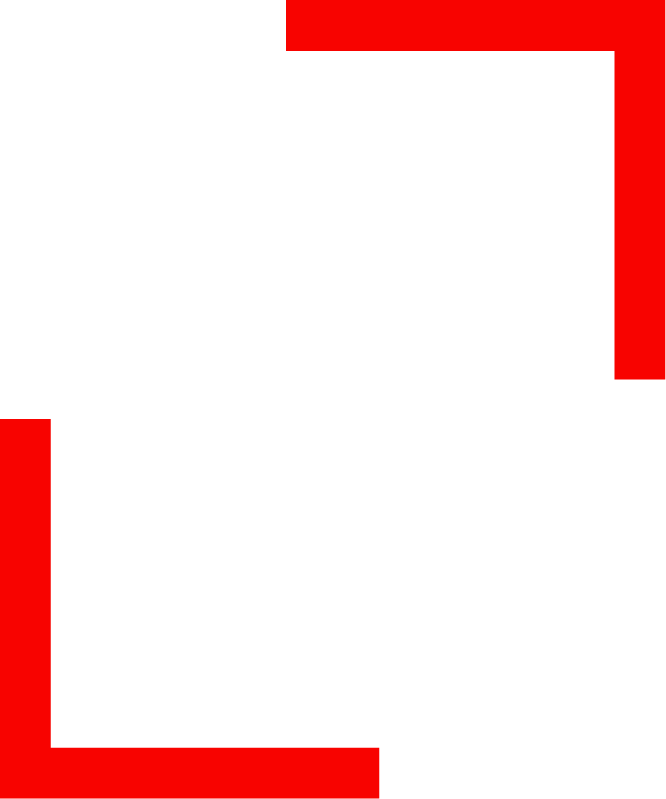Many brands include a term or a logo that relates to a geographical place. In Switzerland many applications to register these as trademarks are unsuccessful as there are strict examination rules in accordance with Articles 2(a) and 2(c) of the Trademark Protection Act. However, these have relaxed a little in the last few years.
The first question in the registration examination is whether the sign qualifies as an indication of source. If affirmative, it must not mislead consumers about where the goods or services come from. This also applies to the use of the sign under Article 47.
A distinction is made depending on whether the geographical name refers to the origin of the goods and services directly or indirectly. Direct indications of source are the exact place names (eg, Switzerland, Alaska or New York) – these belong to the public domain and cannot be monopolised. On the other hand, indirect indications of source are word or figurative signs that evoke a place without naming it (eg, Luxor, Uncle Sam or the Statue of Liberty). In this case, the criterion for distinctiveness is met.
If found to be distinctive, the sign that contains an indication of source may be accepted on the condition that the goods are limited to those originating from the related country. However, if this is not the case, obtaining trademark rights for such signs is pointless as using it could expose the mark owner to civil and criminal claims. To avoid this, the applicant must demonstrate that the geographical name does not function as an indication of source. This is the main hurdle.
Signs are subject to the so-called experience rule, which is upheld by the Swiss Federal Court¹. Under this, a geographical name is expected to indicate the place of origin. Hence, it is treated as an indication of source unless it fits into one of the following exemptions²:
- the name has another, prevailing meaning in ordinary language (eg, PHOENIX or CHILI),
- the name is not known to the relevant public in Switzerland – for foreign names, capital cities, population size and existing airline connections from Switzerland are taken into account,
- the name has a symbolic meaning, that is clearly recognizable, in relation to the key characteristics of the goods or services other than their origin (eg, MAGIC AFRICA and COPACABANA were registered for cosmetics and swimming pool products, respectively),
- the geographical place cannot be that of origin of the goods or services (eg, SAHARA for paper and cardboard or MATTERHORN for bananas),
- the name appears as a designation of series along with a company name or famous brand name (eg, TAG HEUER MONZA was thus accepted for registration),
- the name has become generic (eg, EAU DE COLOGNE for perfume),
- the addition of a word or figurative element allows to provide another prevalent meaning to the sign taken as a whole (eg, INDIAN MOTORCYCLE for clothes), or
- the sign has acquired a secondary meaning through use, which can be difficult to demonstrate.
Foreign names that are protected under international treaties and the Agreement on Trade Related Aspects of Intellectual Property Rights are excluded from trademark protection.
The Swiss experience rule differs from the European Union’s more flexible approach. That being said, the Swiss approach is starting to relax. This is notably illustrated by the Federal Administrative Court’s decision B-5789/2016 issued on 15 November 2018. In this matter, the sign INSMED was granted trademark protection in relation to “pharmaceutical preparations for the treatment of respiratory illnesses”. ‘INS’ refers to the human insulin gene, but ‘Ins’ is also the name of a Swiss town of 3,500 inhabitants. The Federal Institute of Intellectual Property (IPI) ruled that the sign qualifies as an indication of source since this place is known by the Swiss public. The court agreed with this definition but stressed that the name must be examined along with the goods and services designated so as not to extend the assumption further than necessary. In the court’s opinion, the products target medical experts who will perceive INS in its first sense.
A similar trend is noted at IPI, as reflected in the latest revision of its trademark guidelines. Among others, the reputation of the place is no longer an obstacle to fulfilling an exception to the experience rule³. Likewise, a place of more than 3,000 inhabitants is no longer de facto presumed to be known.
This new practice is welcome news for brand owners. While the criteria are still strict, some decisions are being made on a case-by-case basis, which allows a greater chance of obtaining registration for geographical signs.
Nathalie Denel
Intellectual Property Lawyer
February 27, 2020
¹ Swiss Federal Court‘s decisions 4A- 6/2013 WILSON and 4A-357/2015 INDIAN MOTORCYCLE
² Swiss Administrative Federal Court’s decision 128 III 454 YUKON
³ Swiss Federal Court’s decision B-1428/2016 DEUTSCHER FUSSBALL-BUND

